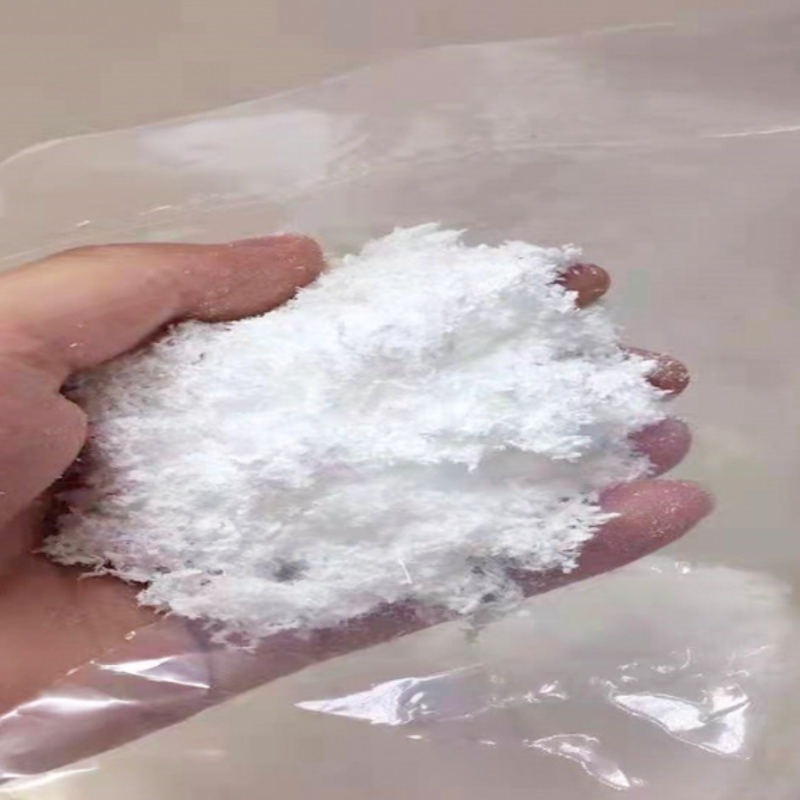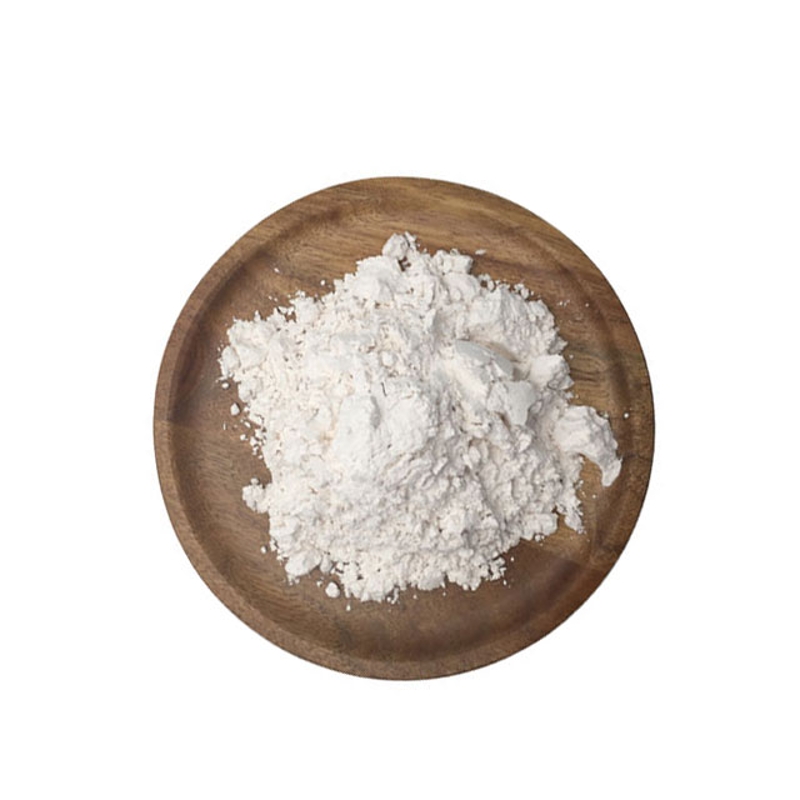-
Categories
-
Pharmaceutical Intermediates
-
Active Pharmaceutical Ingredients
-
Food Additives
- Industrial Coatings
- Agrochemicals
- Dyes and Pigments
- Surfactant
- Flavors and Fragrances
- Chemical Reagents
- Catalyst and Auxiliary
- Natural Products
- Inorganic Chemistry
-
Organic Chemistry
-
Biochemical Engineering
- Analytical Chemistry
- Cosmetic Ingredient
-
Pharmaceutical Intermediates
Promotion
ECHEMI Mall
Wholesale
Weekly Price
Exhibition
News
-
Trade Service
Author: Medical team doctors report NMT NMT ENDO compile reports, please do not reprint without authorization.
Introduction: On March 21st, US time, the 2021 American Endocrine Society Annual Meeting (ENDO) will continue to be held.
At this ENDO conference, Dr.
Phloe Cheung from the University of Hong Kong reported on the relevant research progress on "Diabetic Retinopathy Susceptibility Genes in Chinese Type 2 Diabetes Patients".
Diabetic retinopathy (DR) is the most common microvascular complication of type 2 diabetes (T2DM).
Differences in allele frequencies of different races may affect the detectability of risks.
Therefore, it is very important to carry out an association analysis of a specific ethnic group to discover new sites.
The main purpose of this study is to carry out a phase 2 genome-wide association study (GWAS) to determine the high-risk single nucleotide polymorphisms (SNPs) of sight-threatening DR (STDR) in Chinese T2DM patients.
Study description It was found that the cohort study included 681 STDR participants and 758 non-STDR control participants, all of southern China descent.
The subjects were genotyped using the Illumina Infinium Asian Screening Array (ASA).
SNPs with MAF<0.
01 and INFO score<0.
3 were excluded.
A multivariate logistic regression model was used to conduct univariate association analysis of age, gender, course of diabetes, hypertension, glycosylated hemoglobin (HbA1c) and the first five main factors.
The inverse variance fixed effects method was used to meta-analyze the aggregated data of the two stages.
The replication cohort consisted of independent samples of 278 STDR cases and 834 non-STDR controls.
Use "GWAMA" software to conduct meta-analysis of the correlation results in the discovery and replication phases.
Research results In the discovery stage, the strongest association with STDR was detected on an intron variant of ANXA2.
In the two-stage meta-analysis, ANXA2 SNP once again showed the strongest association with STDR.
After analysis, ANXA2 is responsible for encoding Annexin A2, which plays an important role in promoting angiogenesis.
In addition, DOC2B, a tumor suppressor gene that plays a role in cell proliferation and migration, and its intron SNP also showed a marginal association with STDR.
Figure 1 The conclusion of the association results of the Manhattan graph at the discovery stage.
In this genome-wide association study, some new gene variants related to STDR were discovered, providing new clues to the genetic basis of STDR in Chinese type 2 diabetes patients.
The results need to be verified by other studies in the future.
Introduction: On March 21st, US time, the 2021 American Endocrine Society Annual Meeting (ENDO) will continue to be held.
At this ENDO conference, Dr.
Phloe Cheung from the University of Hong Kong reported on the relevant research progress on "Diabetic Retinopathy Susceptibility Genes in Chinese Type 2 Diabetes Patients".
Diabetic retinopathy (DR) is the most common microvascular complication of type 2 diabetes (T2DM).
Differences in allele frequencies of different races may affect the detectability of risks.
Therefore, it is very important to carry out an association analysis of a specific ethnic group to discover new sites.
The main purpose of this study is to carry out a phase 2 genome-wide association study (GWAS) to determine the high-risk single nucleotide polymorphisms (SNPs) of sight-threatening DR (STDR) in Chinese T2DM patients.
Study description It was found that the cohort study included 681 STDR participants and 758 non-STDR control participants, all of southern China descent.
The subjects were genotyped using the Illumina Infinium Asian Screening Array (ASA).
SNPs with MAF<0.
01 and INFO score<0.
3 were excluded.
A multivariate logistic regression model was used to conduct univariate association analysis of age, gender, course of diabetes, hypertension, glycosylated hemoglobin (HbA1c) and the first five main factors.
The inverse variance fixed effects method was used to meta-analyze the aggregated data of the two stages.
The replication cohort consisted of independent samples of 278 STDR cases and 834 non-STDR controls.
Use "GWAMA" software to conduct meta-analysis of the correlation results in the discovery and replication phases.
Research results In the discovery stage, the strongest association with STDR was detected on an intron variant of ANXA2.
In the two-stage meta-analysis, ANXA2 SNP once again showed the strongest association with STDR.
After analysis, ANXA2 is responsible for encoding Annexin A2, which plays an important role in promoting angiogenesis.
In addition, DOC2B, a tumor suppressor gene that plays a role in cell proliferation and migration, and its intron SNP also showed a marginal association with STDR.
Figure 1 The conclusion of the association results of the Manhattan graph at the discovery stage.
In this genome-wide association study, some new gene variants related to STDR were discovered, providing new clues to the genetic basis of STDR in Chinese type 2 diabetes patients.
The results need to be verified by other studies in the future.







